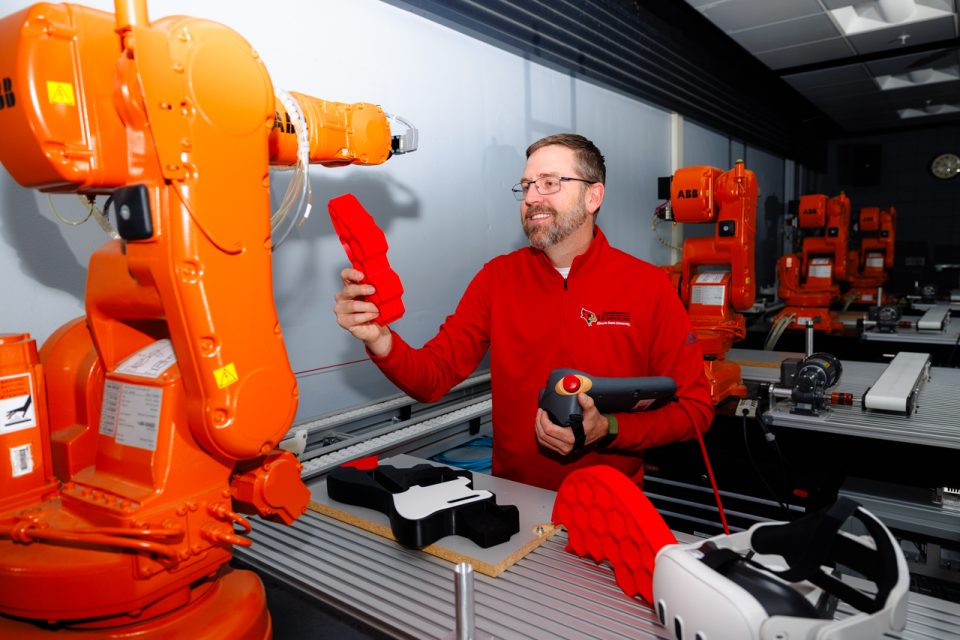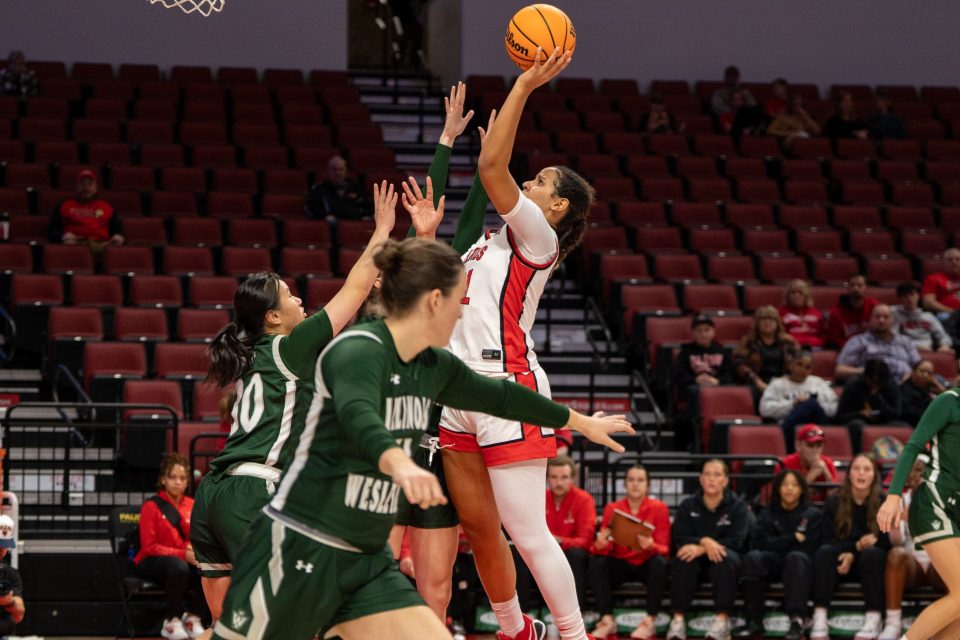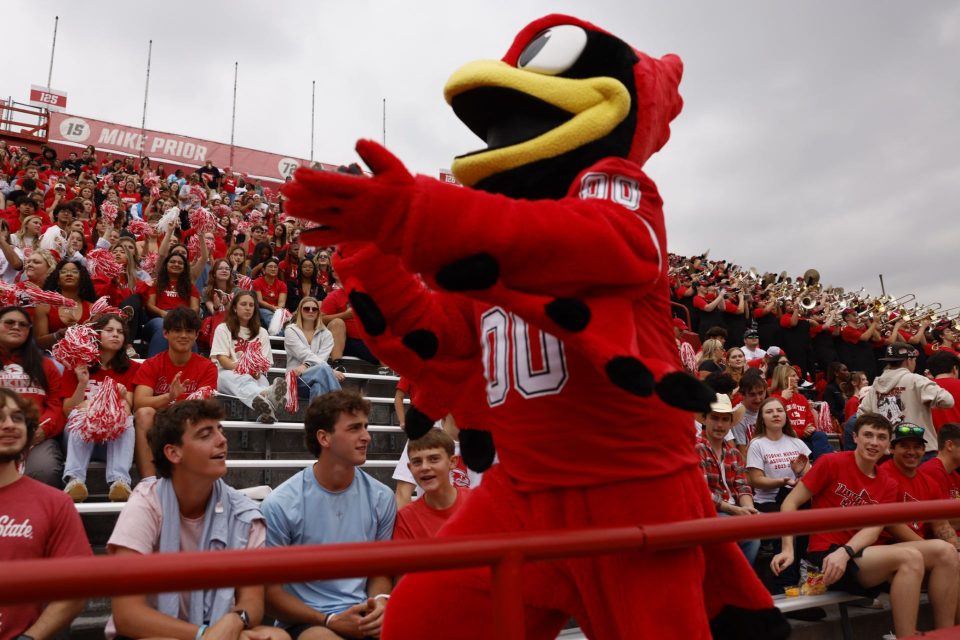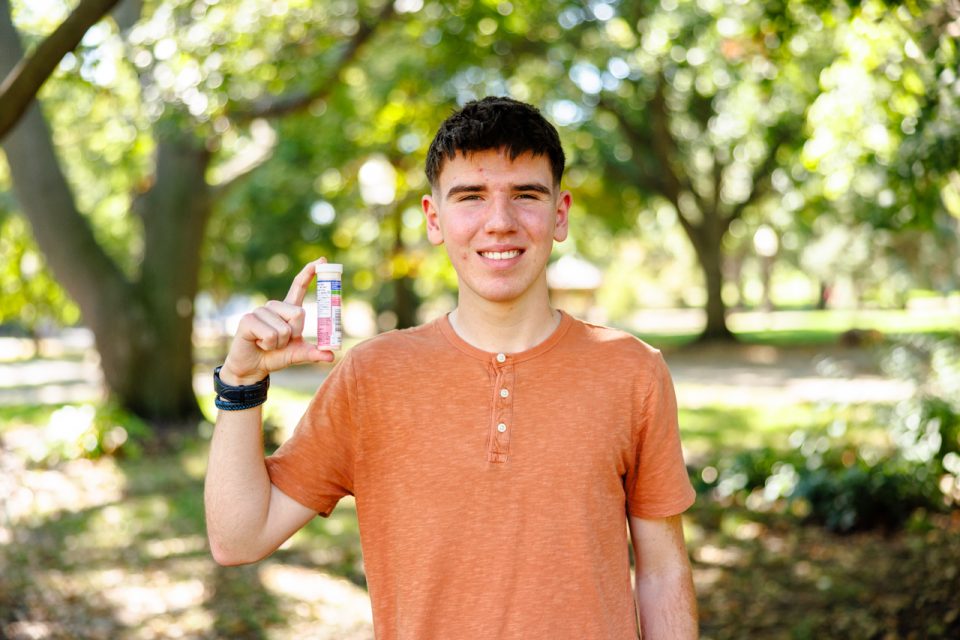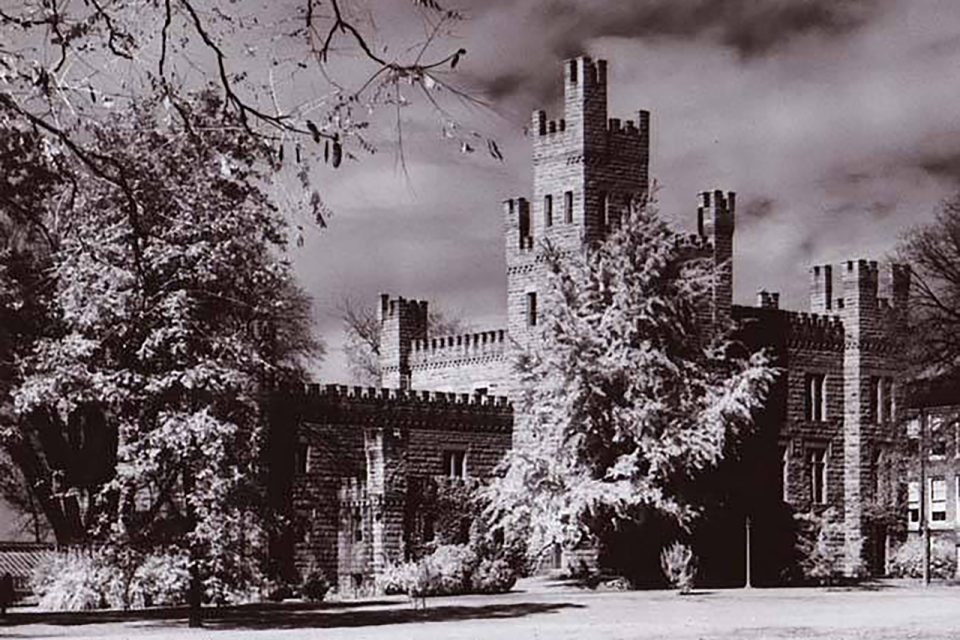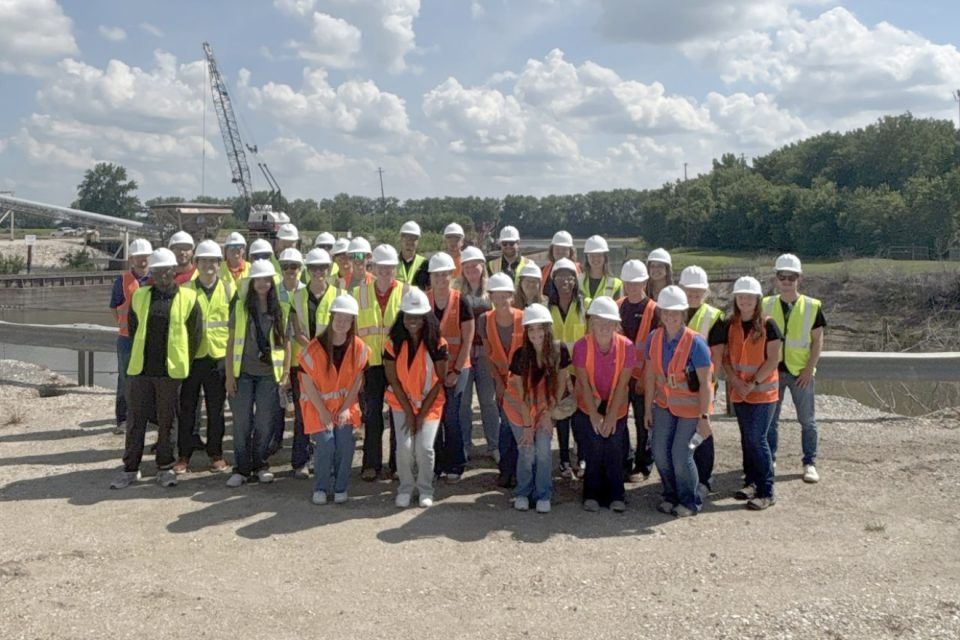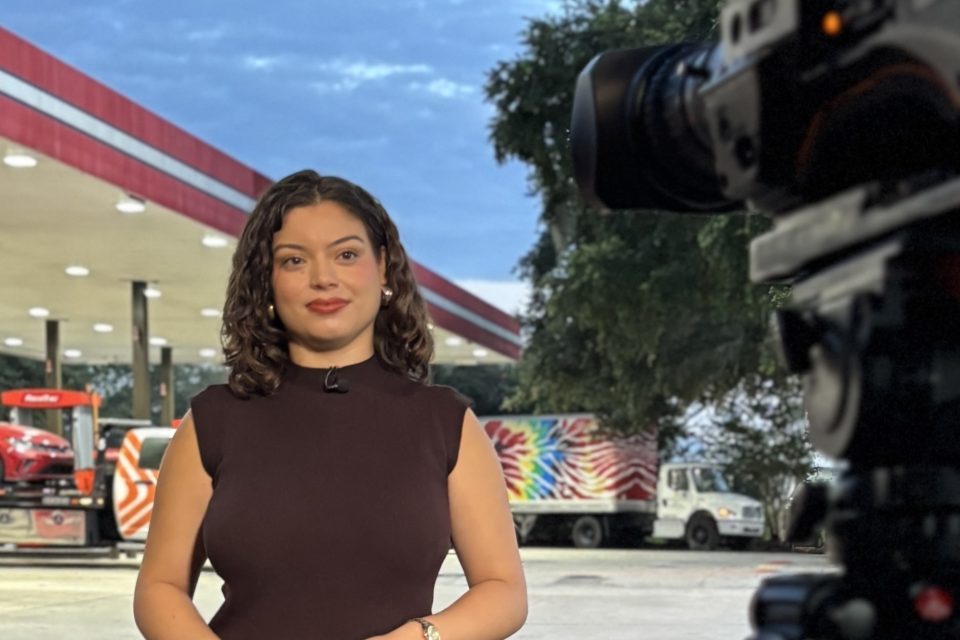Five questions with Dr. Jeritt Williams, engineering technology prof who trains future experts in robotics and automation
As a three-time alum of Illinois State University, Dr. Jeritt Williams ’07, M.S. ’12, Ed.D. ’24, has spent much of his academic and professional life on campus. It would be hard to find someone better equipped to speak about the value of an education earned at his alma mater.
Williams said legacy is at the heart of his connection to Illinois State. When he came back to teach alongside his mentors, he realized he was becoming part of that legacy. Now he feels a sense of Redbird Pride knowing that his students will soon be alumni who carry that legacy forward.
A former high school shop teacher, Williams taught pre-engineering classes in middle school and high school. Now an assistant professor of engineering technology (ET), he teaches industrial automation and robotics classes.
In May, he was honored by the Association for Advancing Automation (A3) as the 2025 A3 Educator of the Year at a national event in Detroit. He took time to discuss what the award means to him, his career path, and the important work done by engineering technologists.
Congratulations on being named the 2025 A3 Educator of the Year. What did it mean to be recognized that way?
Honestly, it was a huge honor. What makes it so meaningful is that it comes directly from industry leaders who are recognizing programs that connect students to the real world of work—that’s my goal every single day. It was also incredibly humbling. I stand on the shoulders of amazing mentors, colleagues, and students who have challenged and supported me. This award is as much for them as it is for me, and I’m forever grateful for that.
“What I love about engineering technology is that it’s a major for the hands-on builders, the makers, and the doers.”
Dr. Jeritt Williams
You joined Illinois State as adjunct faculty in 2009, but you had a busy career before that. How did you get here?
Becoming a teacher was definitely not my original plan. I got into machine tool technology in high school and was working full-time in a machine shop right after graduating. I was pursuing my associate degree when I discovered I didn’t just enjoy learning new things, but I loved helping others learn them too. The real ‘aha!’ moment came when I had to cover a training class for an instructor at work—and I was hooked. I transferred to Illinois State to get my bachelor’s in technology and engineering education, taught high school for seven years, and started as an adjunct here in 2009. I’ve taught the same introductory course, TEC 111, more than 30 times since then, and it never gets old.

What kind of experiences can students expect if they are in one of your hands-on classes?
I teach industrial automation and robotics. Basically, I help students program and operate the same kind of robots you find in a modern factory. We’re always evolving to keep up with what’s happening in the industry, so I bring in technologies like virtual reality, 3D printing, and even AI. In our capstone course, students get to put it all together. They work in teams to run their own mini-manufacturing company for a semester, taking a product from an idea all the way through design, prototyping, and production. It’s hands-on, a little chaotic, and a lot of fun.
The ultimate goal for students is to find a rewarding career, so what makes engineering technology a great major but also a cool and interesting one?
What I love about engineering technology is that it’s a major for the hands-on builders, the makers, and the doers. We often get confused with traditional engineering, and while our graduates often have engineer in their job titles, ET focuses on applying the theory to actually make things work. It’s a field with endless opportunities for curiosity and problem-solving. That really appealed to me as a student, and it’s why you’ll still find me in the lab building and learning right alongside my students.
What’s the job market like for the major?
The official answer from the U.S. Bureau of Labor Statistics is that the job outlook is steady with a great median wage. That’s the academic in me talking. But the real question is, “Do we need engineering technologists?” As a biased party, I say, “Absolutely!” Engineering technologists are the crucial link between a theoretical design and a real-world product. They are the ones who figure out how to actually build, test, and maintain the systems that make our world run.
Latest Campus News
- Young, gritty Redbird women’s basketball team begins the road to MarchWhen the Illinois State University women’s basketball team opens the regular season on Monday, November 3, at CEFCU Arena against Dayton, head coach Kristen Gillespie will be glad to have a couple of veteran players on the floor to lend their leadership to a young team.
- Homecoming 2025 highlights: The photos, posts that raised the bannerRedbirds near and far returned to campus to Raise the Banner for Illinois State University’s Homecoming 2025. Check out this year’s roundup of some of the best posts and photos shared throughout #RedbirdHomecoming week.
- New engineering student is an award-winning inventor inspired by his own diabetic journeyStephen Reuter, an 18-year-old freshman general engineering student at Illinois State University, may be at the starting line of his training, but he understands more than most people the meaning of the old adage: “Necessity is the mother of invention.”
- This month in Illinois State University history: OctoberFrom an alum’s World Series victory to how Redbirds celebrated Halloween more than a hundred years ago, historian Tom Emery explores this month in Illinois State University history. October 15 Today is the final day of Latinx Heritage Month, a time to celebrate Latinx history, culture, and contributions. One of the leading Mexican actresses in
- Redbirds grow through GROWMARK’s summer IT Innovation Internship programTransfer student Aaliyah Thomas knew she wanted a change of academic scenery.
- Beyond the headlines: Stephanie Rodriguez ’18 connects with communities through bilingual reportingStephanie Rodriguez ’18 never imagined her journalism career would take her from reporting on a dramatic murder trial featured on the true crime show 48 Hours to covering alligator mating season in Florida. Only seven years in, she's earned an Emmy nomination, worked in four television markets, and has became a voice for those who often go unheard.



